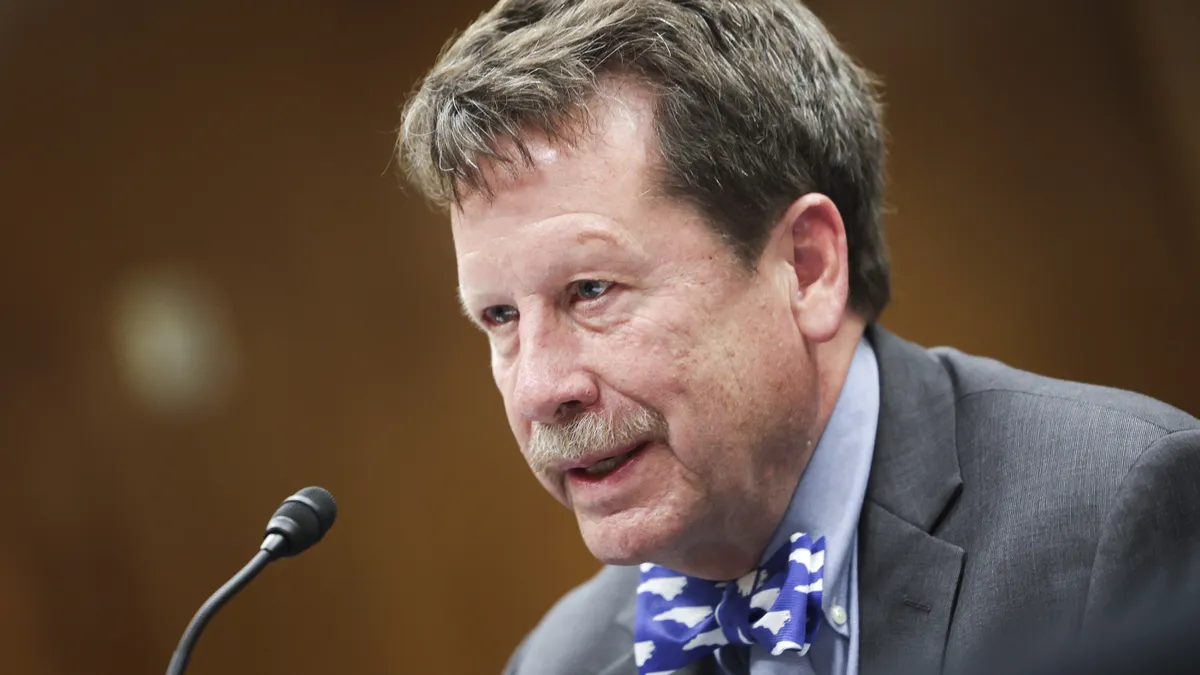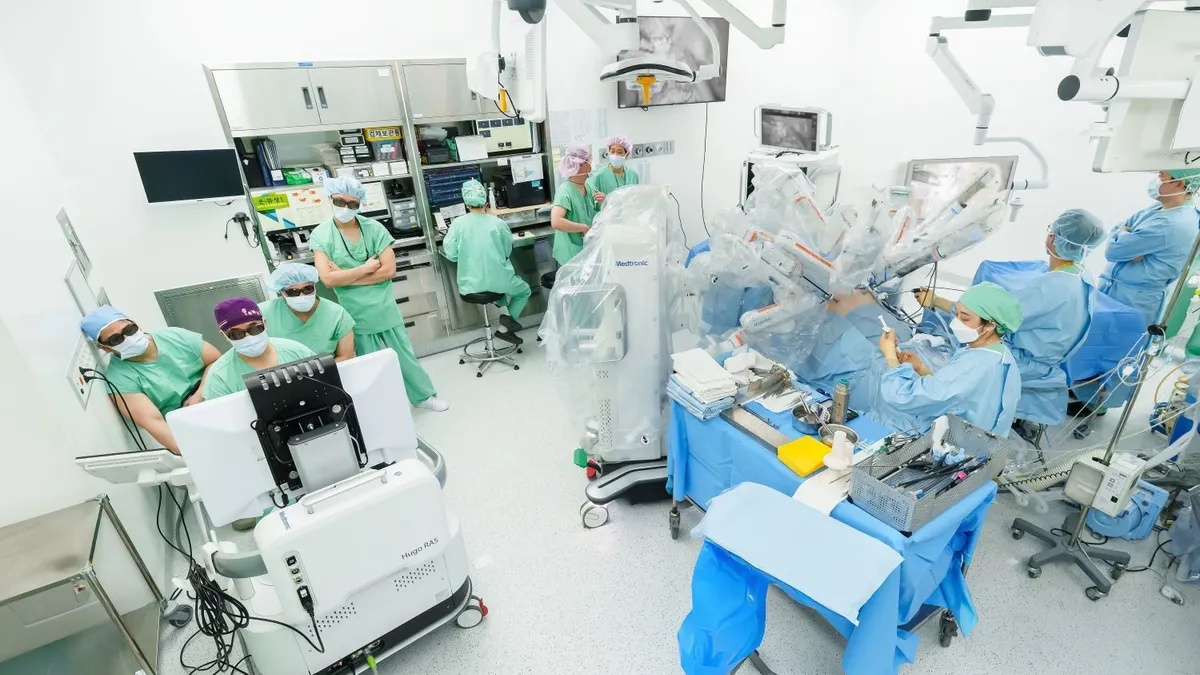Congress has until the end of September to reauthorize the Food and Drug Administration’s user fee programs. The package of legislation provides funding for reviewing devices, pharmaceuticals and other medical products over the next five years.
A version of the bill has passed the U.S. House of Representatives, but its equivalent has yet to pass the full U.S. Senate. As legislators prepare for their August recess, members of the House Energy and Commerce Committee have pressed the Senate to “act urgently” to meet its deadline.
Here’s what could happen if Congress is late.
1. Will the FDA really run out of money and shut its doors?
“It would be unheard of for Congress not to pass some kind of continuing resolution if they're not going to do the full [user fees] package and I think everyone at FDA has gotten used to that,” FDA Commissioner Robert Califf said at a July 28 briefing with the Alliance for Health Policy.
“I'm optimistic that we'll get through this,” Califf added. “Brinkmanship is sort of the way it's happened before.”
2. How soon does Congress need to act to avoid disrupting the drug and device approval processes?
The Federal government’s fiscal year begins on October 1, so spending plans need to be fixed well before then. By the first week of September, “unless we have great assurance that [the user fees package] is either passed or it's about to be passed, we'll have to start notifying employees who are paid by user fees of impending personnel action,” Califf said.
In a memo to FDA staff, Califf said he was exploring “all potential options and scenarios.”
The first program to run out of funding would be the testing of drugs and biologicals funded by the Prescription Drug User Fee Act (PDUFA), which is estimated to have enough cash to last an additional five weeks. However, with “reasonable assurance” from Congress that the FDA will be able to begin collecting fees after September 30, the FDA won’t have to begin the furlough process, said Califf.
3. Would a delay affect the FDA’s ability to hire the new staff it needs?
Delayed funding could also hurt the agency’s ability to hire new staff since the programs lay out hiring goals for the FDA.
“We don't want to discourage all of the people that are currently looking for jobs that may have other opportunities. And I think the experience in the past, as things drag on into September, is that we'll start losing steam because you won't have as many people, and we won't be hiring in the new people, and then it takes a long time to recover from that in the federal system,” Califf said.
4. How would this affect medical device companies?
The FDA relies on user fees to fund the review and approval of medical devices.
“Without the ability to collect and spend user fees, the review time for medical product applications will increase,” Rachel Sher, a partner with legal and consulting firm Manatt Phelps & Phillips, wrote in an email.
It can be “very difficult” to get treatments assessed within a reasonable timeline without the funding to pay people who are doing the work, Califf said.
5. Does Congress often miss this deadline?
The last time Congress missed its deadline to reauthorize FDA user fees was in 1997, when it reauthorized the Prescription Drug User Fee Act on Nov. 21, more than a month after the previous budget had expired, Sher wrote. However, lawmakers had passed a continuing resolution, letting the FDA avoid layoffs.
The last time the FDA had to furlough workers was during the government shutdown in 2018, when it furloughed roughly 40% of its staff. The agency was able to keep a significant portion of employees whose work was funded by user fees.
“Leaders of the committees of jurisdiction have reiterated their commitment to timely reauthorization,” Sher wrote. “These are experienced legislators who understand the serious consequences, for patients and the industry alike, if they do not act before the expiration of the law.”
6. Can we expect Congress to pad the reauthorization with other priorities?
“Given the strong bipartisan nature of these actions, and the fact that Congress has never enacted a ‘clean’ FDA user fee reauthorization bill, it is unlikely that the user fees will move forward without additional policy riders,” Sher wrote.
A House version of the bill passed with clinical trial diversity and cybersecurity requirements, and a Senate version includes proposals to expand the FDA’s oversight of lab-developed tests, cosmetics and supplements, although Sen. Richard Burr, R-NC, introduced a version of the bill without these riders.
Both bills contain provisions that would make changes to the accelerated approval process and improve the FDA’s ability to hire in a streamlined manner, Sher added.


















